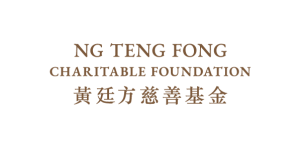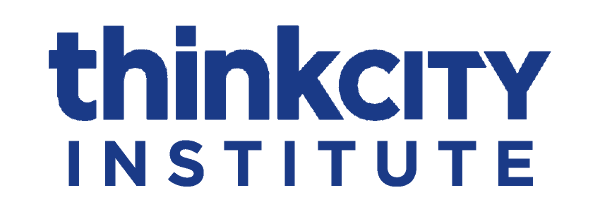SUSTAINABLE HERITAGE MANAGEMENT
Masterclass 1: Building a legacy
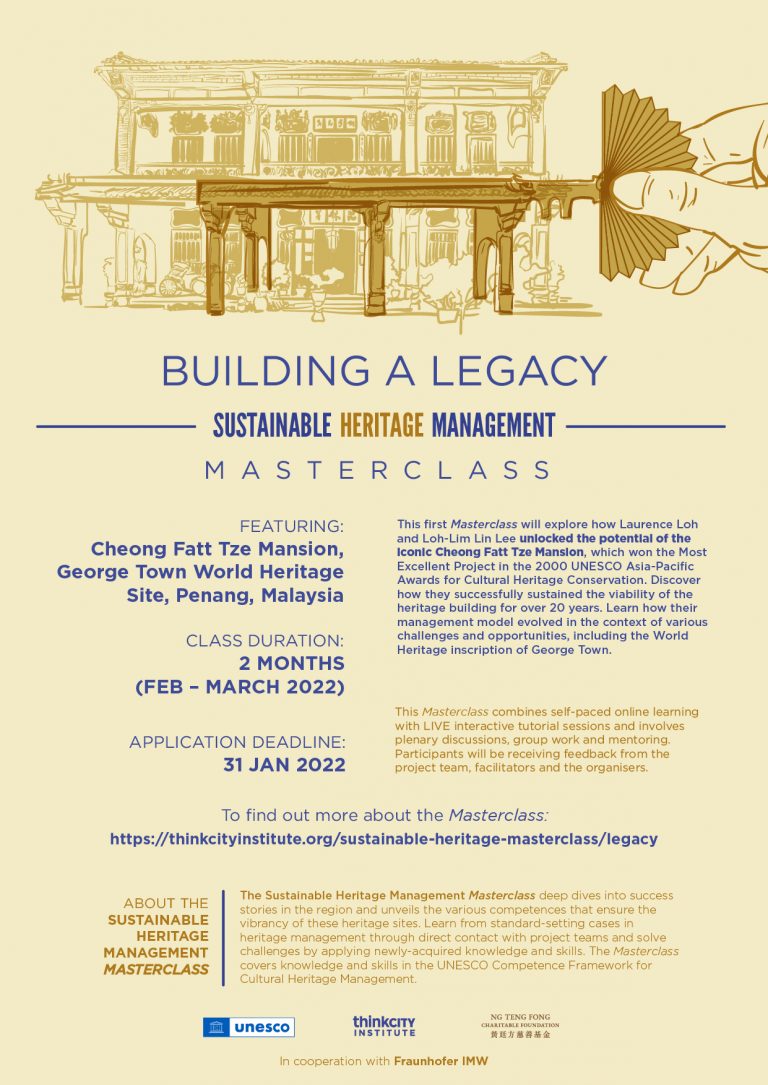
Overview
What is success in heritage management? State-of-the-art conservation of an abandoned building? Revival of a long-lost traditional practice? Increasing number of visitors to the site? Improved local well-being? Even before the recent global pandemic, climate change, disasters and conflicts, there has been a push for the heritage sector to expand its boundaries and rethink its priorities.
Sustainable heritage management now calls for innovations leading to value creation not just value conservation.
The Sustainable Heritage Management Masterclass deep dives into success stories in the region and unveils the various competences that ensure the vibrancy of these heritage sites. Learn from standard-setting cases in heritage management through direct contact with project teams and solve challenges by applying newly-acquired knowledge and skills. The Masterclass covers knowledge and skills in the UNESCO Competence Framework for Cultural Heritage Management.
Cheong Fatt Tze Mansion,
This first Masterclass will explore how Laurence Loh and Loh-Lim Lin Lee unlocked the potential of the iconic Cheong Fatt Tze Mansion, which won the Most Excellent Project in the 2000 UNESCO Asia-Pacific Awards for Cultural Heritage Conservation. Discover how they successfully sustained the viability of the heritage building for over 20 years. Learn how their management model evolved in the context of various challenges and opportunities, including the World Heritage inscription of George Town.
Class resources
Case study
You will receive the Cheong Fatt Tze Mansion Case Study that was specifically developed for this Masterclass. The case will walk you through the story of the Cheong Fatt Tze Mansion, its historical and cultural setting, stakeholders involved, decision making points and business strategies. The case will introduce a management dilemma faced by the project team. You will work in teams to respond to the dilemma, by using newly-acquired knowledge and skills from the course in combination with your own experience.
Class handbook
The class handbook will provide a guide to how the class will be organized. It will detail the session contents, schedule, group work/assignments and discussion topics for the class.
Self-learning on the case and management topics
You will learn more about the case through a number of newly-produced videos for this Masterclass.
In addition, you will be provided a curated list of publications and videos in relation to cultural heritage management with a focus on the managerial skills and knowledge (such as human capital management, financial management, information management, communication/collaboration/coordination) that are relevant to the case.
learning experience
This class is a combination of a self-paced online learning and interactive tutorial sessions. It involves plenary discussions, group work and mentoring. At the end of the class, you will receive feedback on your work from the project team, facilitator and the organizers.
Class Duration:
2 months (February 2021 – March 2022)
Schedule:
17 Feb 2022: Class materials go live
22 Feb 2022: Class orientation
24 Feb 2022: Live Session 1
25 Feb – 21 Mar: Self-learning and group work
Office hours (TBC)
22 Mar 2022: Live Session 2
29 Mar 2022: Live Session 3/ Course wrap up
WHO ARE THE MAIN ACTORS?

Laurence Loh
Laurence, a graduate of the Architectural Association in London, is the Senior Director of Arkitek LLA, a leading conservation and architectural practice in Malaysia. In 2019 the Malaysian Institute of Architects honored Laurence with the PAM Gold Medal Award for his life-long contribution to the advancement of architecture in Malaysia and internationally. He has dedicated his professional life to position Penang and Malaysia on the World Heritage map through his prominent architectural conservation projects. Best-practice exemplars that received numerous UNESCO Asia-Pacific Heritage Awards include the restoration and adaptive reuse of the world-renowned Cheong Fatt Tze Mansion in Penang and the restoration of the Stadium of Independence in Kuala Lumpur.
He is a Director of Think City, a social purpose organisation driven by impact that is positioned to deliver urban sustainability projects developed through an iterative data-driven visioning approach to city-making.
Laurence shares his deep and practical knowledge in conservation as an Adjunct Professor at the University of Hong Kong and in workshops for the Getty Conservation Institute. He has carried out World Heritage Site Evaluation missions and Technical Assessments for ICOMOS in conjunction with the UNESCO World Heritage Centre. He is a Jury Member of the UNESCO Asia-Pacific Heritage Awards and the URA Singapore Architectural Heritage Awards Assessment Committee.
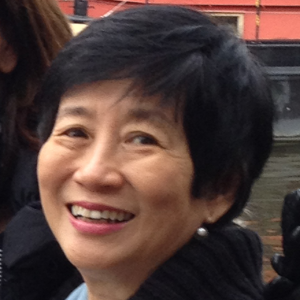
Loh-Lim Lin Lee
Lin Lee Loh-Lim is an outstanding conservationist, restoration consultant and historical researcher. Trained as a social psychologist at the London School of Economics and Political Science, she first worked as a lecturer at Universiti Sains Malaysia. In 1984, Lin Lee had a mid-life career change to the field of historical conservation, starting from involvement in heritage societies. Since then, she has been working at Arkitek LLA, providing in-depth views and advice for conservation projects. She serves as a UNESCO consultant, is a member of ICOMOS and is a Duncan Sandys-PATA Scholar for the Conservation Foundation of Britain. Lin Lee also works on conservation research, reports, and heritage impact assessments to the local authorities. As the convenor of Penang Heritage Trust projects on Intangible Living Cultural Heritage and a senior council member of the Penang Heritage Trust, she has also cooperated with the State Government to list George Town as a World Heritage Site. Together with her husband Laurence Loh, they restored the Cheong Fatt Tze Mansion and set benchmark standards of successful heritage conservation in the Asia-Pacific Region.
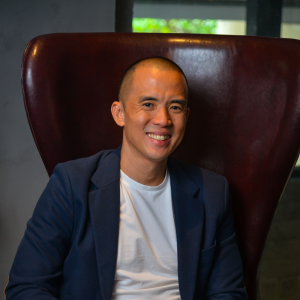
Loh-Lim Shen Yi
Shen is an experienced and multiskilled senior manager in the hospitality and technology industries with over 22 years of practice in technology, hospitality, online media, marketing communications and product management. Graduated with a business degree from the University of Oregon, he held senior positions at an IT consulting company and a digital agency working with well-established companies such as Toyota and Sony. Shen co-founded the SEO and PPC campaign management business The Sands Agency and was Country General Manager of the i-Property Group, providing vision and leadership across all functions of the Malaysian P&L and guiding company to profitability. In 2015, he took over as Director of Growth & Operations at venture capital company Frontier Digital Ventures which led to a partnership at business and media consultancy Ampersand Advisory. For the past six years, Shen has successfully strategized and grown the restoration project of his parents – The Cheong Fatt Tze Mansion – giving it new life as a relevant, sustainable and growing business.
ABOUT THE FACILITATORS
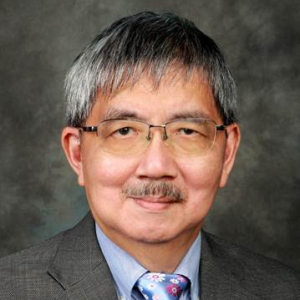
James S L Yong
James S L Yong heads JYGlobal Associates, a small, independent consulting outfit which focuses on strategy, innovation, tech management, business models and process streamlining for organizations. JYGlobal was formed in 2014 and has worked for selected clients in government, telecommunications, IT and non-profit sectors. Prior to founding JYGlobal, James spent 10 years in Cisco Systems (USA), in a regional role as Director, Public Sector Programs (ASEAN). During that time, he focused on Cisco’s transformational and strategic accounts in government. He engaged with senior leadership levels in public sector and helped to conceptualise models and procedures to improve productivity, enhance collaboration, and improve public services. James has a Bachelors degree in Computer Science and a Masters in Business Systems Analysis & Design, both from the City University, London, UK. He has a postgraduate diploma in Accounting & Finance. He has also attended executive programs at the Harvard Kennedy School of Government and the London Business School.
His recent interests are in history & heritage, genealogy, travel, reading, writing, photography and technology gadgets. He has been actively involved with the Sarawak Heritage Society (SHS) since 2016 and is currently the President. SHS is a non-government, non-partisan and non-profit organization, focused on raising awareness of cultural heritage and advocating for the proper management of heritage assets of Sarawak. James is currently working on a book on the history of Padungan, an important heritage area within Kuching, capital of Sarawak, Malaysia.

Neel Kamal Chapagain
Dr Neel Kamal Chapagain is an Associate Professor and the Director of Centre for Heritage Management, Ahmedabad University. He is an architect by training and lately focused on heritage management education. He has played a key role in designing the Masters in Heritage Management programme at Ahmedabad University, and teaches courses on heritage discourses, ethics, global heritage frameworks, among others. He has been also been selected to as a part of instructors team to develop MOOC course on Living Heritage for UNESCO. Recently elected in the executive board of the Association for Critical Heritage Studies (ACHS), he also is in the boards of Asian Academy of Heritage Management and Asia Pacific Higher Education Network for safeguarding Intangible Cultural Heritage.
His publications include a co-edited volume on Asian Heritage Management (co-edited with Dr Kapila Silva, Routledge, 2013), and a publication series on Reflections from Built Environment and Associated Practices (Tribhuvan University, Nepal). Prior to joining Ahmedabad University to develop the Masters in Heritage Management programme, his academic engagements were with University of Wisconsin-Stevens Point as well as University of Wisconsin-Milwaukee from where he received his PhD. He was an Asian Development Bank – Japan Government Fellow for his studies at the University of Hawaii at Manoa and the East West Centre, through which he obtained his Architecture Doctorate and Graduate Certificate in Historic Preservation. He is also an alumnus of ICCROM as well as Tribhuvan University (B.Arch.), Nepal.
ORGANIZERS
UNESCO x Fraunhofer x TCI
UNESCO
UNESCO is the United Nations Educational, Scientific and Cultural Organization, established to promote peace via education, science and culture. As the only UN agency mandated to promoting culture, UNESCO’s programmes recognizes culture as a driver for sustainable development, and contribute to the achievement of the Sustainable Development Goals defined in Agenda 2030, adopted by the UN General Assembly in 2015.
Fraunhofer
Since its foundation in 2005, the Fraunhofer Center for International Management and Knowledge Economy IMW has been consolidating its expertise and range of services in internationalization and the knowledge economy. The Fraunhofer IMW aims to enable a favorable environment for innovation and knowledge transfer by developing scientifically sound solutions to challenges presented by globalization and ensuring the lasting success of its clients and partners from business and industry, research, and civil society.
TCI
The Think City Institute (TCI) is the culmination of a decade of know-how, experimentation and expertise derived from Think City’s projects and knowledge networks in ASEAN and beyond. TCI will offer resources from our Knowledge Repository, and courses, built inhouse and with our international partners, to all levels of professionals looking to elevate proficiencies in city-making and urban development.
WHO SHOULD APPLY FOR THIS CLASS?
Heritage practitioners who are looking to improve skills and knowledge about heritage management in a practical manner will benefit most from this course.
- Local stewards at heritage sites
- Entrepreneurs involved in heritage projects
- Heritage managers and technical specialists in heritage-related institutions
- Technical specialists in other disciplines who are involved in heritage projects
The course requires no formal education in cultural heritage management, but working experience in the heritage field will be valued. Professionals in other fields who are currently involved in heritage projects will also benefit from this course.
WHAT WILL THIS CLASS DO FOR YOU?
Using UNESCO’s newly-developed Competence Framework as a reference, the Sustainable Heritage Management Masterclass will dissect the success factors of a heritage management case and uncover the competences that had been required.
In this class, you can expect:
- Develop new competences (skills and knowledge) relevant to cultural heritage management, with a focus on the managerial competences (such as human capital management, financial management, information management, communication/collaboration/coordination)
- Problem solving, decision making and critical thinking skills in a heritage management context
- Integrate prior and newly acquired knowledge through group assignment
- Active group discussion and learning
CERTIFICATE
ADMISSION & FEES
FEES
- Fee: 300 USD
Limited scholarships are available, with a priority for applicants from LDCs. If you would like to apply for the scholarship, please indicate in your application email to the organizer.
APPLICATIONS
- APPLY NOW by downloading the application form.
- Please send the application or any inquiries to Ms. Injee Kim at UNESCO Bangkok (i.kim@unesco.org) by 31 January 2022.


